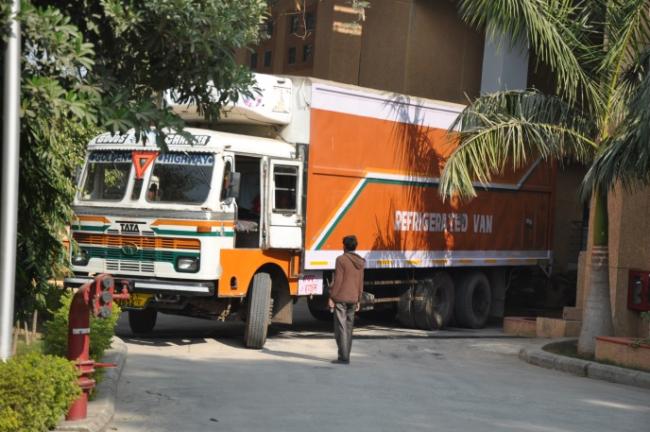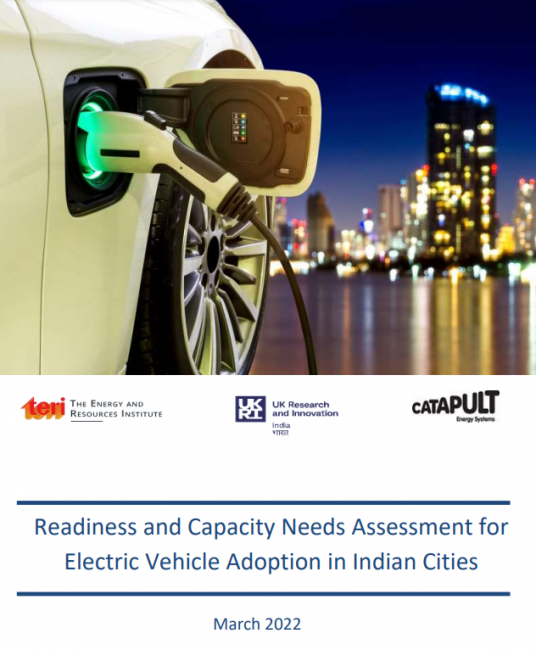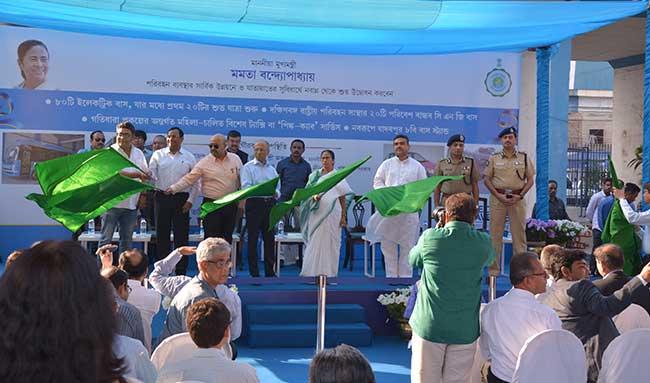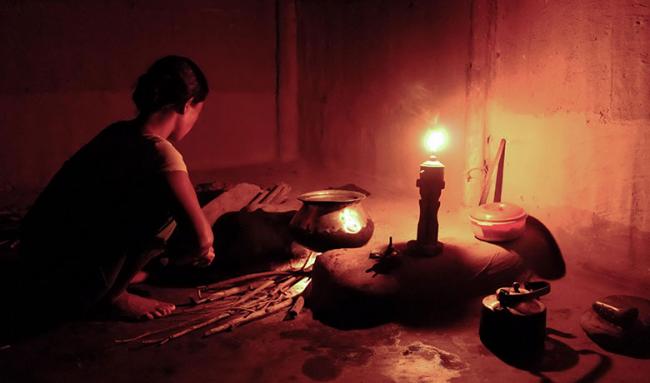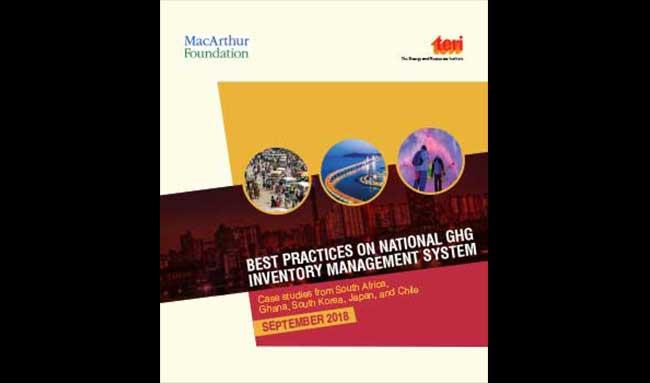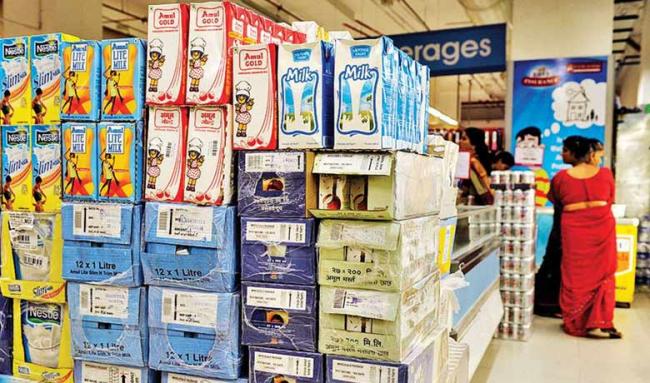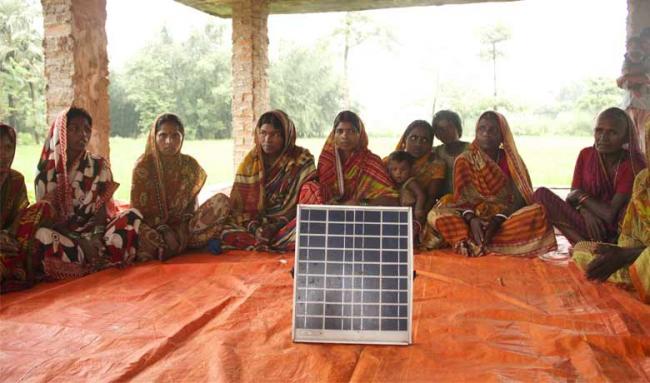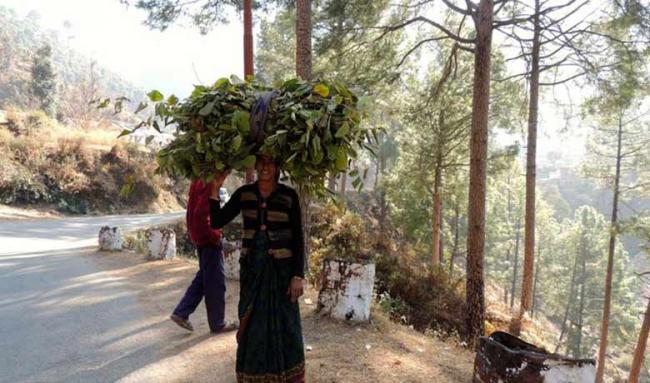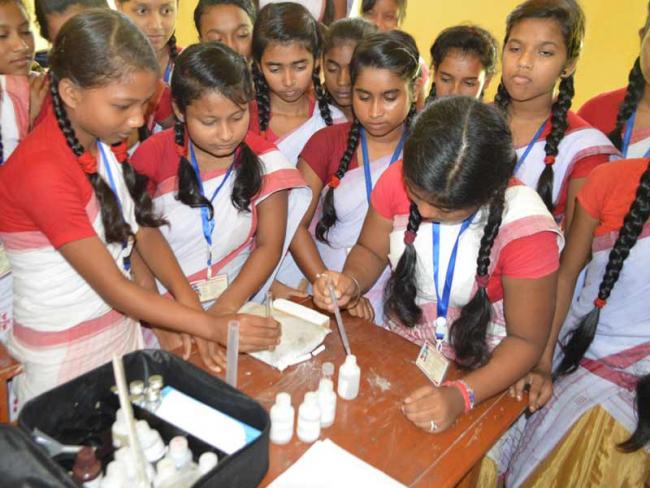Case Studies
Bioremediation of oil spills and oil contaminated soil by Oil zapper
Dr Banwari Lal
Oil spills are a worldwide phenomenon that pose a major threat to ecosystems and their flora and fauna. Despite the greatest efforts of the petroleum industry and consumers, oil spills throughout the country are increasing. Aside from oil spills, oil refineries produce a significant amount of toxic hydrocarbon waste that must be managed in an environmentally responsible manner. Physical (storing oil sludge and drill cutting in secured pits) and chemical techniques of removing these hydrocarbons are both costly and harmful to the environment.
Readiness and Capacity Needs Assessment for Electric Vehicle Adoption in Indian Cities
Global dependence on fossil fuels in the transport sector has been a key driver of climate change and air pollution. In India, motorized transport accounts for a large share of the country’s total GHG emissions. Therefore, the swift replacement of internal combustion engines (ICE Vehicles) with Electric Vehicles (EVs) is imperative to decarbonize India’s transport sector.
Integrating electric buses in public transport: Kolkata's success story
Mr Alekhya Datta,Dr Shashank Vyas,Mr Ram Krishan
The IEA featured TERI's case study on Kolkata's successful operation of e-buses fleet in its flagship publication GEVO 2020 The e-buses fleet was inaugurated by honourable chief minister of West Bengal, Mamata Banerjee.
Lighting up homes and making cooking cleaner in Karnataka
Mr H H Ninga Setty
A pilot project in Karnataka's Chamarajnagar district brought solar lighting and clean cooking to the homes of the disadvantaged, saving fuel costs, reducing women's health risks, and providing employment opportunities
Best Practices on National GHG Inventory Management System: Case studies from South Africa, Ghana, South Korea, Japan, and Chile
Mr Abhishek Kaushik,Mr Shanmuganathan K
The Paris Agreement established a Transparency Framework in order to build mutual trust and confidence and to promote effective implementation, an enhanced transparency framework for action and support, with built-in flexibility which takes into account Parties' different
Fortifying the collection and recycling system of Post-Consumer Tetra Pak Cartons
Mr Sourabh Manuja
Study recommends a well established value chain for collectors and awareness among recyclers of the potential of cartons
Making micro-credit financing a vehicle for clean energy in rural India
Mr P B Singh
Partnership with a local micro-finance institution helps take clean cooking and lighting technology into poor homes in a village in Bihar
Losing the benefits of forests to degradation?
Dr Pia Sethi,Ms Vidhu Kapur,Dr Sukanya Das,Mr Balwant Singh Negi
The study examines the value of Uttarakhand's forests to local communities and to tourists
Modeling the Economics of Grassland Degradation in Banni, India
Mr Mihir Mathur,Mr Kabir Sharma
Banni grasslands was once the finest tropical grassland in Asia, but with the encroachment of the landscape by Prosopis juliflora has rendered the region unsuitable for several of its activities such as cattle rearing that has hit the livelihood of its people.
Quenching the thirst - Success stories of Project FLOW
Ms Taru Mehta
The Bharti Airtel-TERI initiative provides safe drinking water access and raises awareness on water and sanitation in schools

